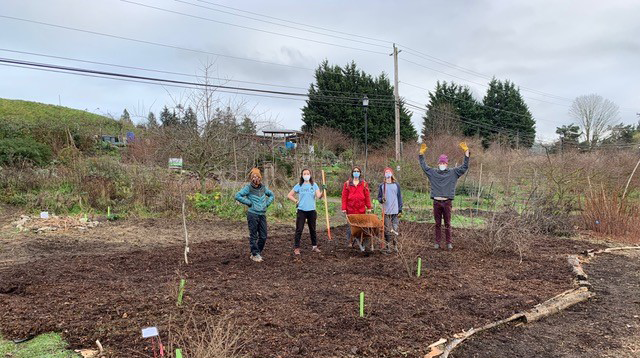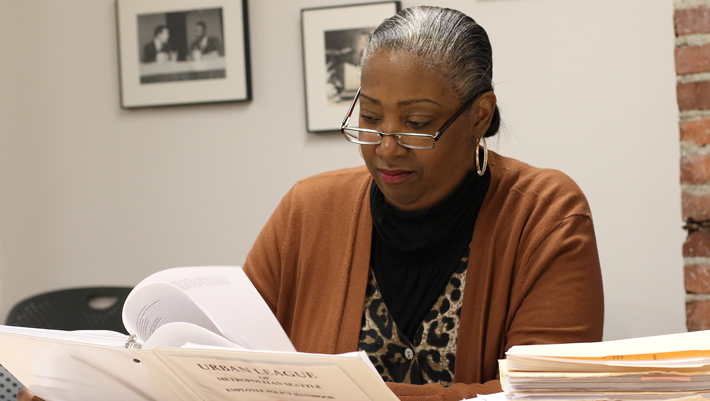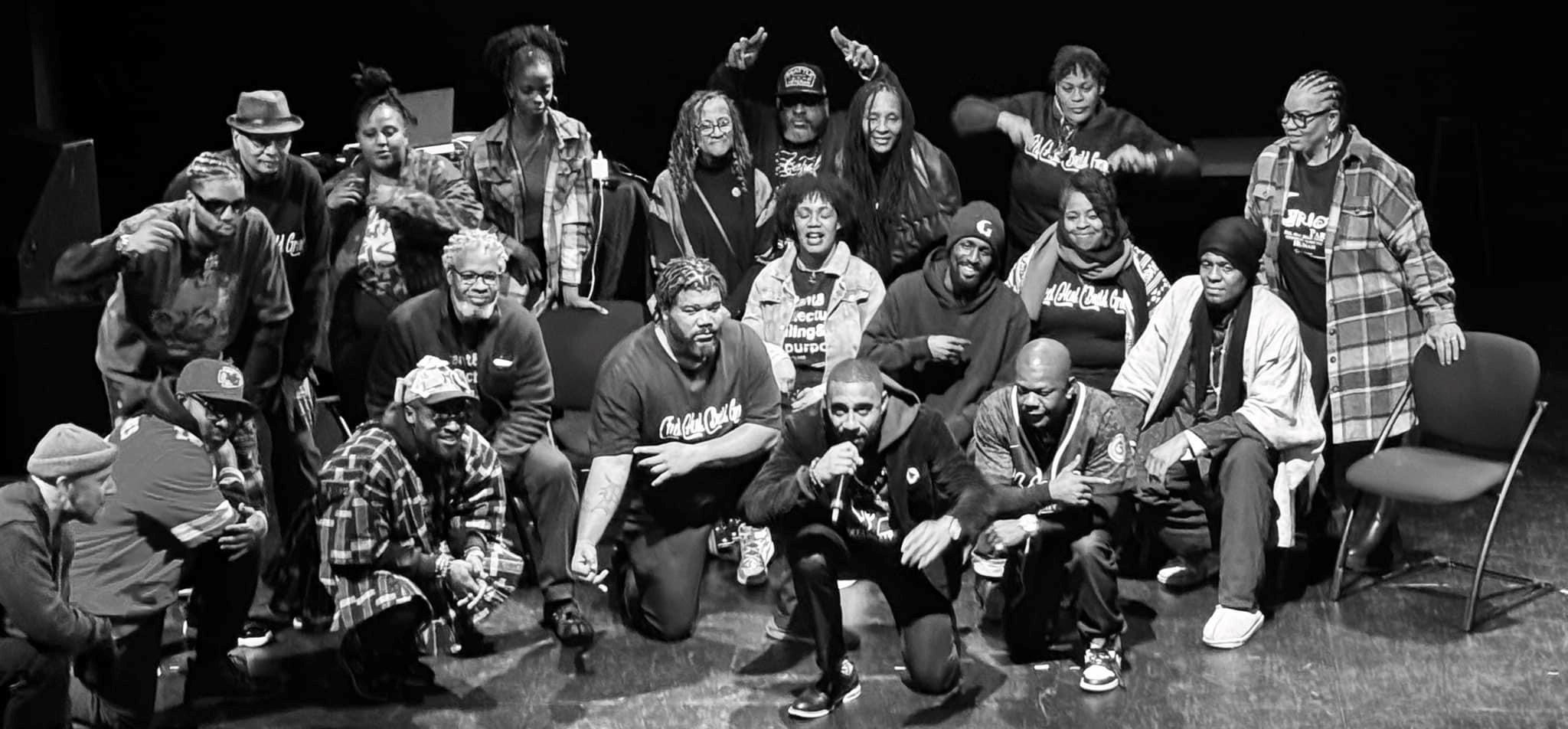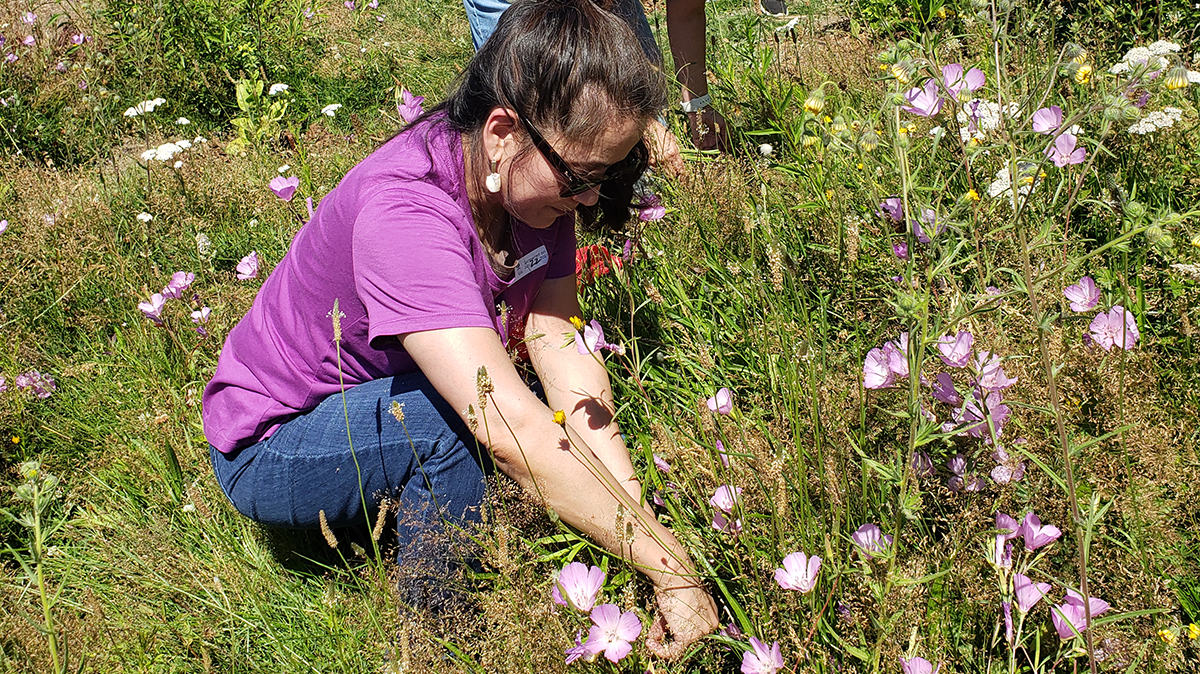
In celebration of Native American Heritage Month, we are hosting a series of profiles and stories to amplify and honor people, businesses, organizations, stories, and projects connected to Seattle’s Indigenous community.
Seattle Indian Health Board (SIHB) is a community health center that provides health and human services to its patients while specializing in the care of Native people. They are recognized as a leader in the promotion of health improvement for urban American Indians and Alaska Natives, locally and nationally. Founded on the principle that optimal health and wellness occurs when there is balance between the physical, emotional, mental, and spiritual parts of a person, their Traditional Medicine Department encompasses a wide array of healing practices based upon the Indigenous knowledge of Native people. Part of this dedication to traditional medicine and healing includes a Native medicinal garden at the Beacon Food Forest. We recently connected with SIHB Traditional Medicine Director, Jill LaPointe, to learn more about the medicinal garden.
Can you tell us a little bit about the medicinal garden and how it came to be?
The Traditional Medicine Department at Seattle Indian Health Board has been developing our own apothecary to embrace the traditional wisdom of our ancestors and integrate that knowledge into serving the needs of the urban American Indian and Alaska Native community. So, when the people from the Food Forest Collective offered us a space at the Beacon Food Forest, we welcomed the opportunity to further expand our efforts.
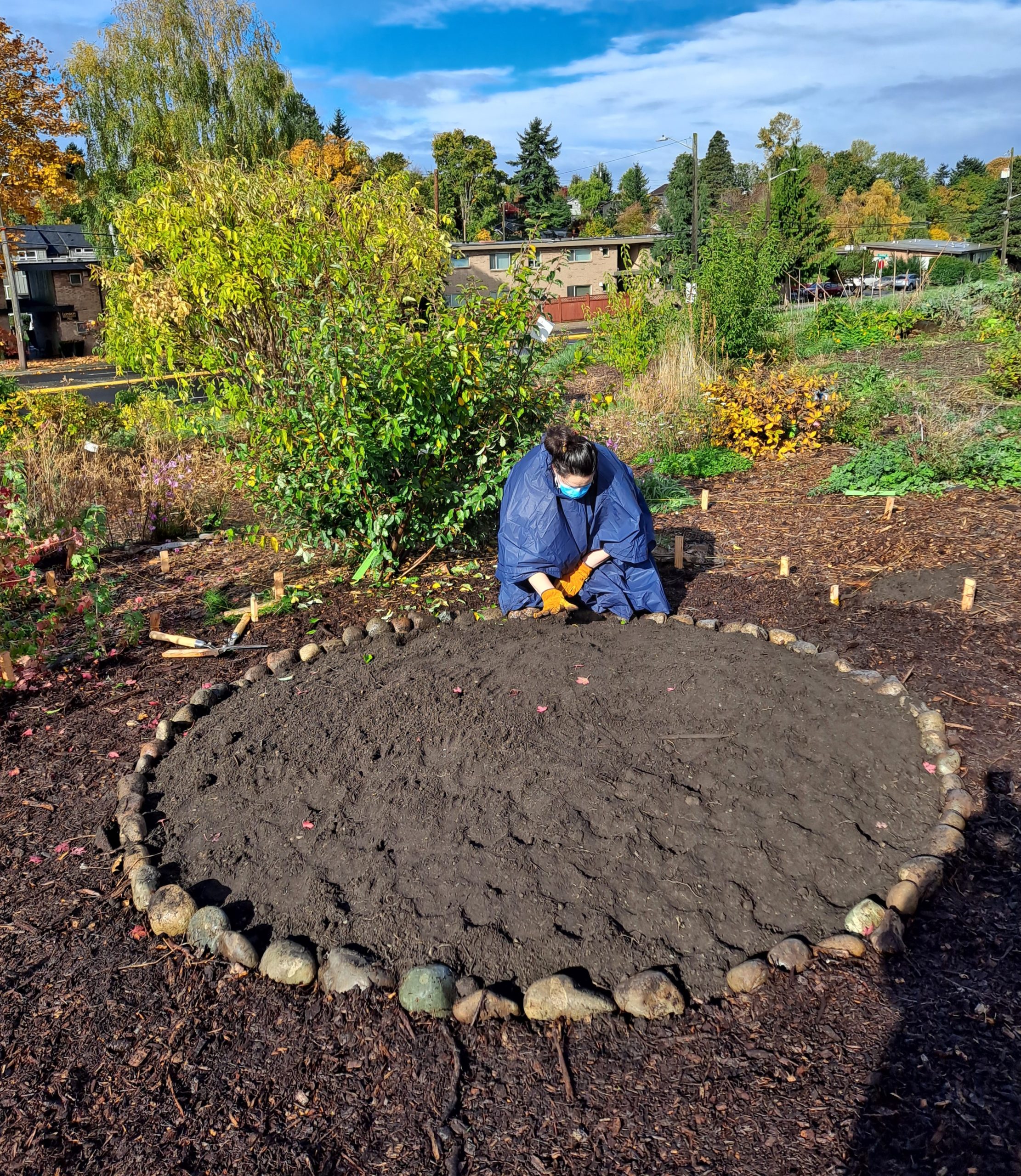
a circular garden bed.
What is the goal of the garden? How does it help support the mission of Seattle Indian Health Board?
The “sust̓əlǰixʷali” Traditional Indian Medicine garden at the Beacon Food Forest community garden will provide a space to grow and cultivate Indigenous plants for both medicinal use and food sovereignty.
What would you like the general public to know about the garden or about Native traditional medicine in general?
We identified a name in the Lushootseed language, the language of the first people of this area, that roughly translates to “a place where medicine is created”, sust̓əlǰixʷali. We also plan to create signage for the individual plants that include the Lushootseed name.
How does the medicinal garden help the Native community in Seattle maintain a connection with their culture?
The garden offers gracious space, to welcome relatives, families, and community groups to gather. It will provide opportunities to learn about traditional plant medicines and Indigenous foods and their significance to our traditional cultural lifeways. The more we integrate traditional knowledge and the wisdom of our ancestors into our daily lives, the stronger connections Indigenous people feel to our ancestral roots. This, in turn, may bring balance and healing to our minds, bodies, spirits, and communities.
